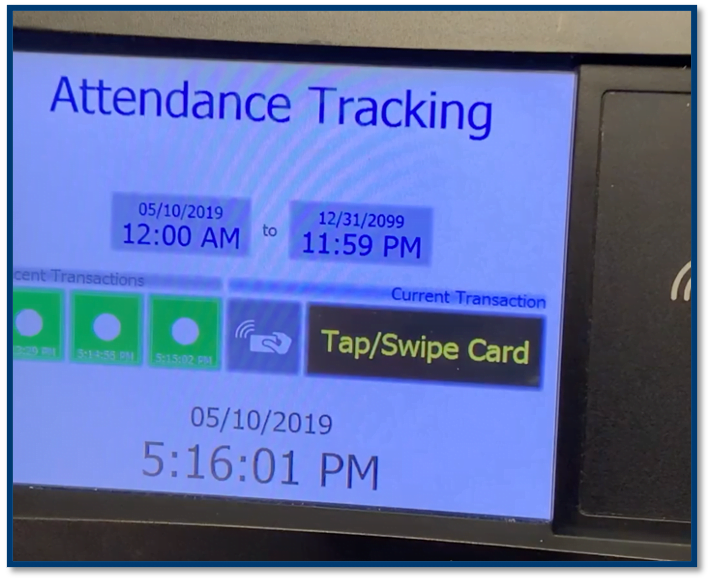When IT leaders are faced with challenges or making decisions, they need to establish certain principles that should guide their decision-making process. Those principles should be rooted in the purpose of IT or all service organizations for that matter.
Supporting personal devices
Student-centric IT service delivery considers students’ interest as the first driver for starting a new initiative or making certain decisions. Examples of those initiatives that are driven by students’ need is a dedicated WIFI network that supports students’ personal devices, specifically the Internet of Things (IoT) devices, which may not be compatible with standard authentication mechanisms on university networks. A proactive IT department would anticipate the proliferation of those IoT devices and prepare a network configuration that allows students to register their devices with their own accounts with minimum complexity or service desk involvement.
Self-Service model
A self-service model for carrying out common student service requests would empower the students to get faster help by initiating the process at their own time and get the results in a timely fashion rather than waiting for a service desk technician to attend to their request, which likely needs to be triaged to another technition before it is fulfilled. A Self-service process also frees up the service desk staff to work on more complex troubleshooting issues. Tasks that can be automated under self-service workflows are processes like password change or recovery, registering WIFI devices to connect to the university’s network, sponsor a visitor to get a university user account, and submit academic forms online.
Mobile-first
A student-centric culture would certainly look at technology from students’ perspectives, which leads to offering the services differently; like over mobile devices and support smartphones and tablets for every application that students use. Allowing students to access university services from a mobile phone would not only encourage the adoption of those services but also streamline the user experience and make it enjoyable.
A mobile-focused service offering is not only publishing a university mobile application in the App store, but it is also a re-arrangement of service design and delivery procedures to including converting all student-facing webpages to Responsive design to reproduce the pages to fit each mobile platform and screen size. The mobile organization most challenging step is to prepare the service desk for the expectation of the instance-response support system, which is become a more common expectation in the real-time social and professional interaction that is being encouraged by access to mobile devices.
Live chat
Using a live chat system for answering students’ frequent questions and provide instant help is done through deploying a live chat option on the university IT webpages as well as over mobile devices but it also includes retraining customer support teams and the service desk to cover the live chat sessions in an efficient, professional, and productive way. Doing so successfully will transform the IT service desk to a student-friendly support system that encourages students to connect with the IT staff immediately rather than wait until the possible opportunity to walk to the front desk and talk to someone or to asynchronously send a ticket which could take much longer time to collect information about the problem and reach a resolution. Doing so should insure security and privacy measures are in place. Students’ well-being is also concerned with the security and privacy of their data; IT is typically the steward for students’ data and responsible for protecting their information.
Empathy
Many IT departments are fortunate to have employees who were students and join the IT team in entry-level positions and perhaps grow through the ranks to have leadership positions. They can represent and understand students with empathy as it was not too long ago when they were students themselves.

Comments are closed